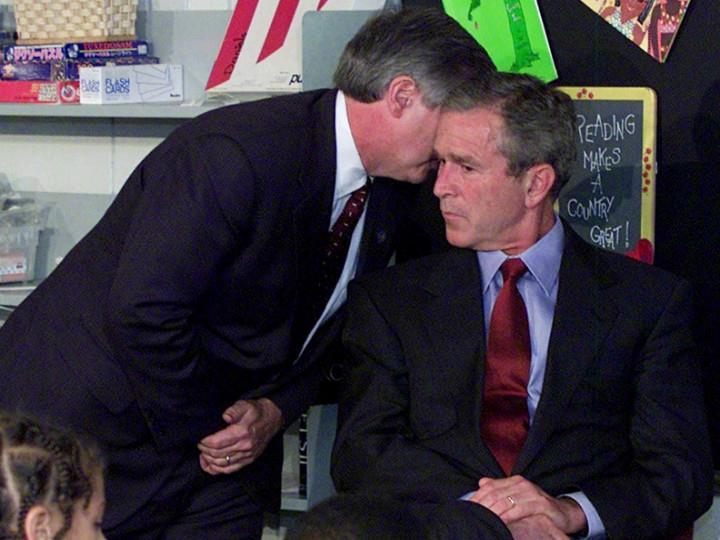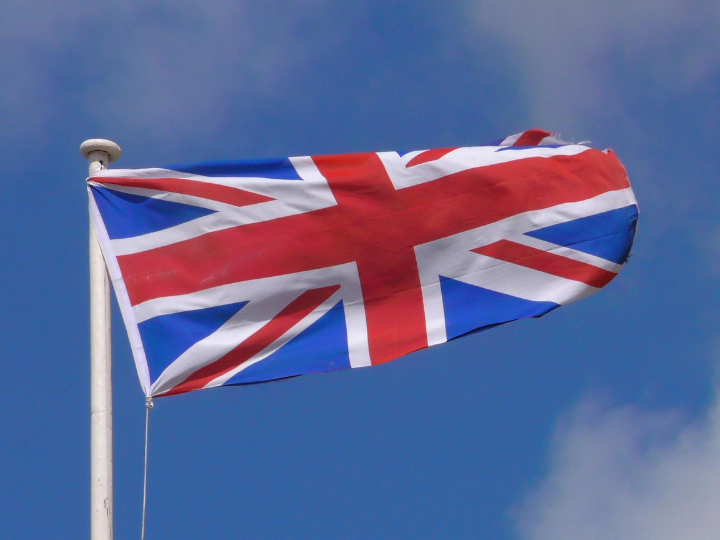by Cesar Chelala*
The attacks on the Twin Towers produced the most concentrated response to an emergency in the history of the United States. It is estimated that at least 100 emergency units and dozens of private ambulances headed to the scene in Lower Manhattan to pick up the wounded and take them to nearby hospitals.
At the same time, more than 2,000 police officers searched the towers and rescued survivors. But the weight of the response fell to the New York Fire Department, whose response to the events was truly heroic.
The attacks on the Twin Towers led to a surge in national pride and public expressions of patriotism and a strong commitment to help those that survived and the families of those who were killed.
But there was also an increase of harassment incidents and hate crimes against South Asians, Middle Easterners — and those who just looked like them. Several Indian Sikhs were attacked and killed because they were erroneously believed to be Muslims.
Health effects
The attacks were particularly disturbing to children, who saw the images of destruction replayed relentlessly on television. For years after the attack, children suffered from post-traumatic stress disorder.
In addition, more than 2,500 contaminants, many of them dangerous carcinogens, were present in thousands of tons of toxic debris resulting from the collapse of the towers. It is estimated that over 18,000 people have become sick as a result of the toxic dust.
Economic consequences
There was a wide range of economic losses after the attacks. It is estimated that the city suffered economic losses estimated at more than $90 billion.
They were the consequence of lost productivity, wide-ranging insurance claims, loss of real estate and art objects as well as impaired tourism and trade, among many other effects.
Security and military actions
Security and protective services suffered significant changes due to the attacks. Congress passed the Aviation and Transportation Security Act which affected air travel and security policies, as well as guidelines to be followed before getting on board.
The U.S. Department of Homeland Security required pilots to carry firearms on board, and pilots were obliged to undergo training to prevent other terror attacks.
The Patriot Act was also passed, which broadened the powers of law enforcement agencies for the purpose of identifying terrorist activities. The government was given wide powers to search people’s records.
Through the program called Total Information Awareness, special technology was developed to allow the collection and analysis of information about every individual in the United States, and to detect unusual behavior that could lead to terrorist attacks.
The international dimension
Using the attacks as an excuse, the United States conducted wars in Afghanistan and Iraq that would have serious consequences on the U.S. economy and the rule of law in the world.
Many people throughout the world believe that the United States squandered a wave of world goodwill resulting from the attacks.
The wars in Afghanistan and Iraq have ravaged those countries and resulted in a permanent state of instability and destruction. Orzala Ashraf Nemat, an Afghan human rights activist, states:
The war — never the choice of the Afghan people — has done great harm to our people for all sorts of different local, national, regional and international reasons. Widespread corruption, the massive arming of militias, the fueling of war by neighboring countries, the civilian losses and night raids and deterioration of security have all undermined our children’s education, our women’s ability to work and our ability to provide basic social services to the neediest part of the population.
The lessons
One of the lessons to be drawn from that tragedy is that violence begets violence and intolerance breeds intolerance. Unless there is a new approach to preventing terrorist acts, we will continue to live under the threat of terror. Permanent confrontation is not the answer.
While it is easy to create enemies, it is much harder to understand the “other,” a necessary approach if we wish to eliminate conflict and honor the desire for peace and security of all people in the world.
* global health consultant and contributing editor for The Globalist
** first published in: www.theglobalist.com




 By: N. Peter Kramer
By: N. Peter Kramer
